Introduction
Atenolol 50mg tablets usually enter the picture when blood pressure refuses to settle or the heart starts beating harder than it should — like during stress, overexertion, or after years of high-salt diets and late-night chai sessions. It belongs to a class called beta blockers, which work by slowing down the heart’s response to adrenaline. The result? A calmer heartbeat, reduced pressure on blood vessels, and smoother blood flow through the system. It’s commonly found in prescription charts across Pakistani clinics for hypertension, angina, and long-term heart protection.
Primary Uses
Atenolol 50mg is generally used for:
-
High blood pressure (Hypertension).
-
Chest pain / Angina.
-
Heart rhythm control after a heart attack.
-
Stroke prevention in risk patients.
-
Tremors or rapid heartbeat episodes.
-
Sometimes used for migraine prevention in long-term management.
How It Works
Atenolol blocks beta-1 receptors in the heart, which normally respond to stress hormones like adrenaline. By blocking these signals, it:
-
Slows the heart rate
-
Reduces the force of heart contractions.
-
Lowers blood pressure.
-
Reduces oxygen demand on the heart.
Think of it as a volume dial — when the heart is overreacting, Atenolol turns things down.
Side Effects
Some people may experience:
-
Dizziness or lightheadedness.
-
Slow heartbeat or fatigue.
-
Nausea or stomach discomfort.
-
Shortness of breath in sensitive users.
-
Cold hands or feet due to reduced circulation.
If heartbeat becomes too slow or breathing feels labored, doctors usually reassess.
When Not to Use
Avoid Atenolol if:
-
There’s allergy to beta blockers.
-
Heart rate is already low (bradycardia).
-
Severe low blood pressure exists.
-
Asthma or breathing disorders are active.
-
Severe heart failure or circulation problems are present.
Precautions & Warnings
-
People with diabetes should note Atenolol can mask low blood sugar symptoms.
-
Thyroid conditions may also hide behind Atenolol’s effect on pulse rate.
-
Abrupt stopping is avoided — withdrawal may cause rebound heart symptoms.
-
Elderly patients or those with kidney issues are often monitored more closely.
Doctor’s Overview
Dr. Farhan Malik (Cardiologist, Rawalpindi):
“Atenolol remains a steady choice for blood pressure control, especially where heart rate is elevated. It’s generally well-tolerated, but dosage adjustment is key depending on patient profile. Regular monitoring ensures it continues to work safely.”
Storage
-
Store at room temperature (15–30°C).
-
Keep away from heat and direct light.
-
Seal properly and keep out of reach of children.
Disclaimer: This profile is based on general medical usage observed in Pakistan and is not a prescription. Always seek a doctor’s advice before starting or stopping any medication.

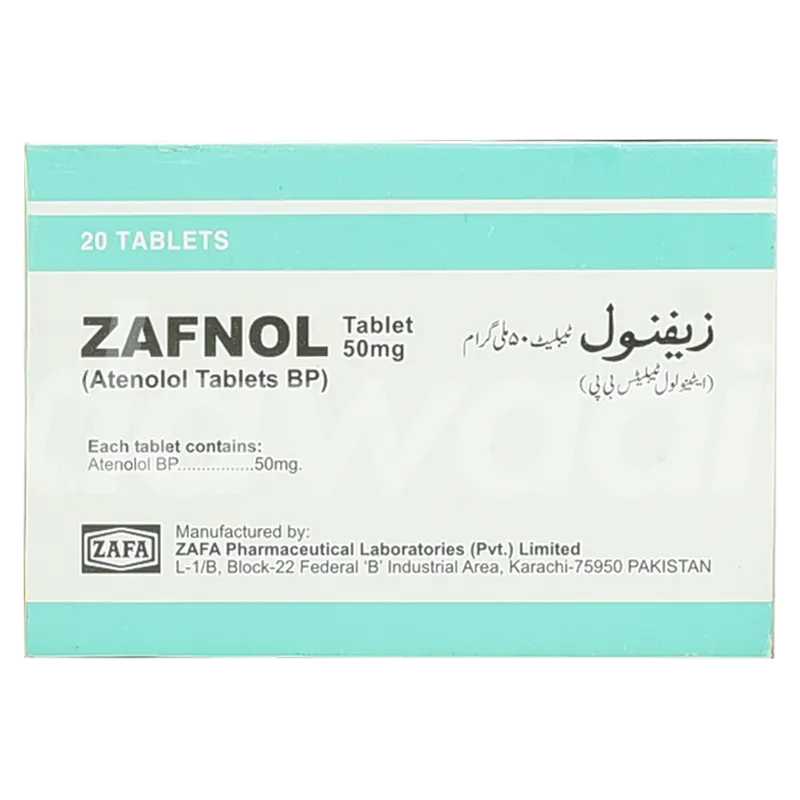
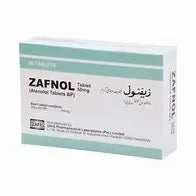
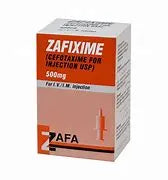
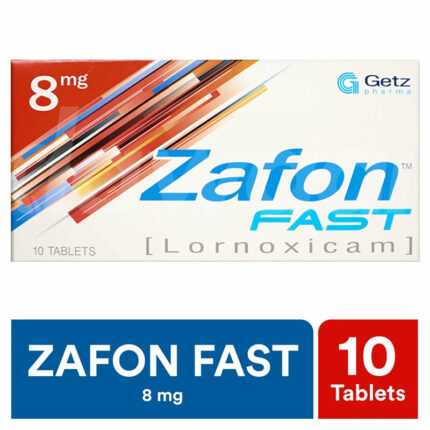
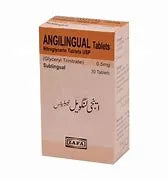
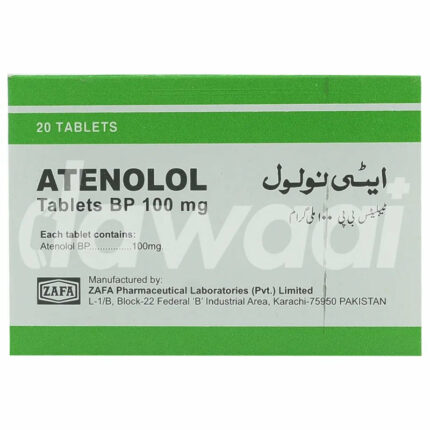
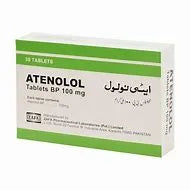
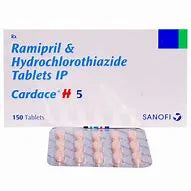
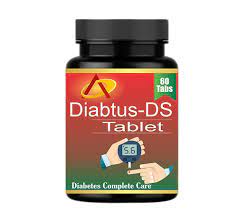
Reviews
There are no reviews yet.